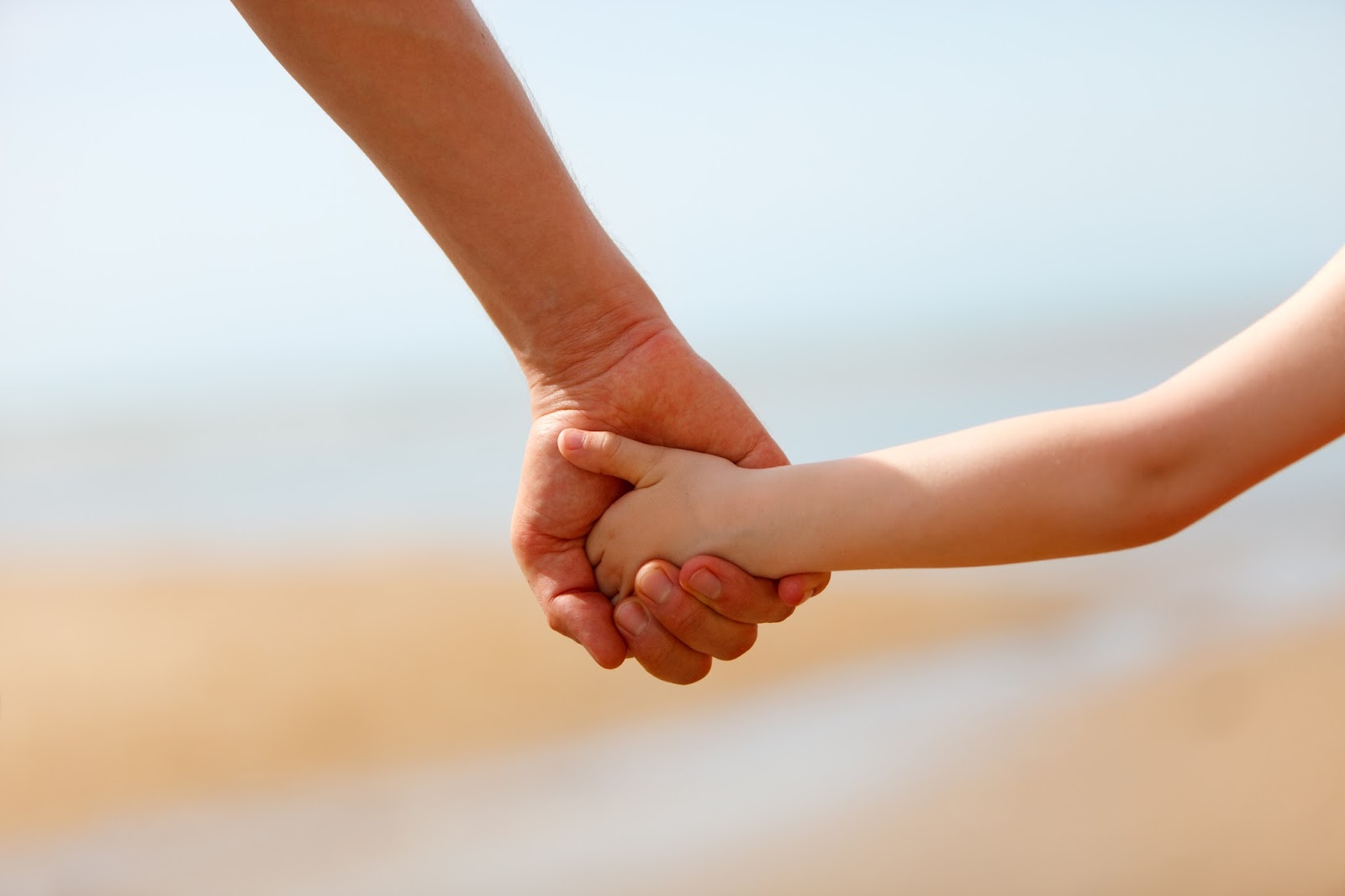The “postpartum period” in a mom’s life can be long, challenging & hard on both physical & emotional health.
Why One Bullet Made Me Fall In Love With Pediatrics
Author: Amanda Rivas
Close your eyes for a moment
and imagine this...
Silence is abruptly broken by a cold, incoming dispatch message: a pediatric emergency. This one is different. This one is life changing. A pediatric shooting has taken place. As my fellow EMT slams on the gas and I go flying out of my seat, all I can think is “What if she is dead when I get there? What’s the protocol for a DOA case (dead on arrival)?” My breath becomes ragged, my knees begin to shake, and I question why I decided to throw myself into the emergency medicine field at 19 years old right in this moment. The sirens of the ambulance drown out my ability to become aware of my surroundings and stay alert. I can tell I am not the only one going into a panicked frenzy. My EMT and paramedic supervisors are on edge as we pull into the barricaded crime scene. All I can see are flickering blue and white lights reflecting off of the caution tape covering every inch of the attempted murder scene. I lunge from my seat, grab my gloves, and take a deep breath before I pass the police barricade. This was the day I knew I would never choose anything other than saving lives of children. This was the moment that changed everything.
“This was the day I knew I would never choose anything other than saving lives of children. ”
Now rewind 7 weeks earlier. It was the beginning of my first summer as a college student. I had all the opportunity in the world to go to the beach, hang out with friends from high school, or do any other typical summer activity. If you know me, then you know that I love to do things outside of my comfort zone because if I don’t do it today, then I never will. Instead of partying my nights away, I spent my nights studying how to detect an AAA (abdominal aortic aneurysm) by palpating an abdomen or how to reset a fractured femur bone using a traction splint. I attended a first responder academy which ended up being a 4-week intensive military style EMT training course. This course was no joke, and that is an understatement. If we didn’t listen to orders or didn’t take the course seriously, we were sent to the parking lot. We performed military style exercises as a team on the seething hot pavement in the peak of a Florida summer. Reflecting back on it, the punishment wasn’t cruel or extreme. We were being groomed to save lives in emergency situations. This career was not to be taken lightly, especially when you are entering a pediatric attempted murder crime scene as a 19-year-old who hasn’t even experienced life yet.
Long story short, our patient survived. Her blood was everywhere. The bullet grazed the side of her skull with a fragment of shrapnel embedded into the skull bone. We performed the necessary lifesaving precautions while our ambulance flew as fast as it could under a trauma alert. She was so scared, and it was contagious. Working in emergency medicine, one must remember the most important aspect. Serving as an emotional support beacon is sometimes as important as administering medicine, especially when it comes to pediatric cases. Working in the back of the ambulance with the paramedic, I went into mom mode. As she sat there and cried for her mom, I did everything I could to fill that void. I gave her my comforting words, my handholding, and my empathy. As the tires of the ambulance screeched into the emergency bay, there was the trauma hospital staff, easily consisting of over 15 people, on standby waiting for the worst. The moment we officially transferred care, anything and everything on her body was immediately cut off with trauma sheers and ripped off since that is what the trauma protocol requires. Seeing someone so young going through something so emotionally and physically traumatic shakes you to the core. Luckily, she was a warrior and overcame it. I still think about her to this day, and I’ll never forget her.
About the Author:
Hey everyone! My name is Amanda, and I'm currently a sophomore at Emory University. I'm majoring in Neuroscience and Behavioral Biology with a minor in Spanish. In my free time, I volunteer at the Children's Healthcare of Atlanta hospital with some of the most incredible children I have ever met, and I'm a medical intern at the Helping Hands Clinic. Last summer, I became a nationally certified emergency medical technician (EMT) and had the most incredible adventures of my life. Unfortunately, I did have many pediatric patients, but one day I dream of working as a pediatric specialist to help patients like that. I hope to share all of my unique adventures and stories with you through this blog!





